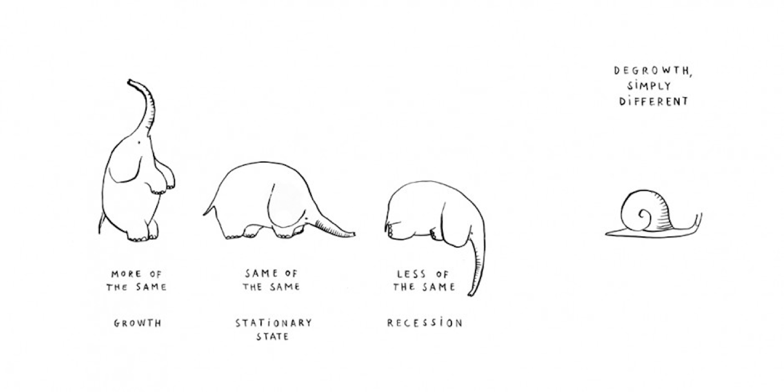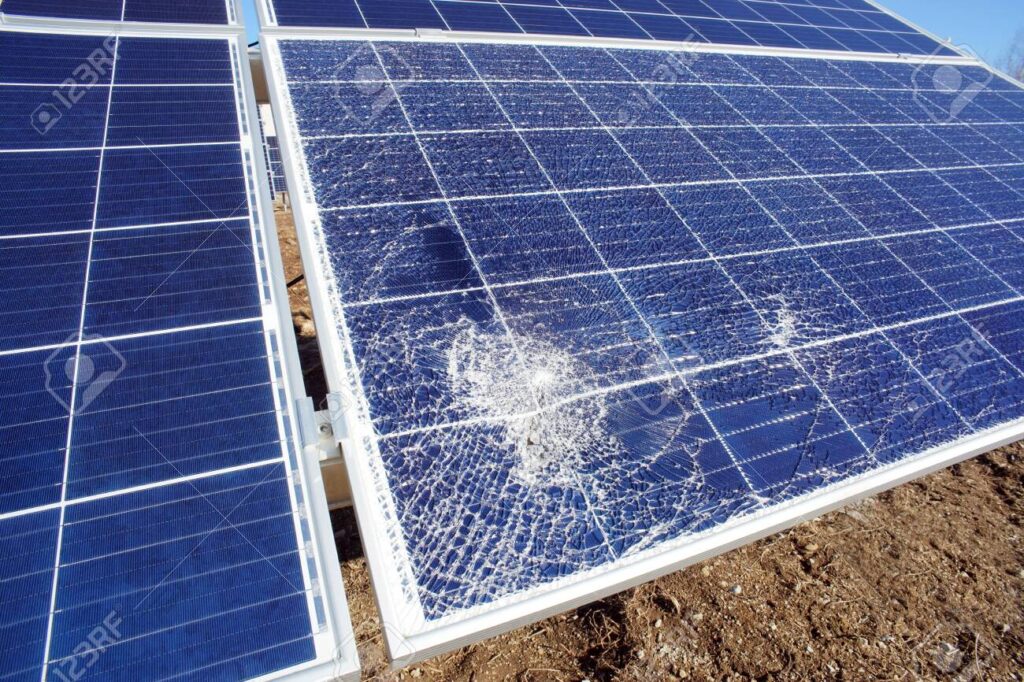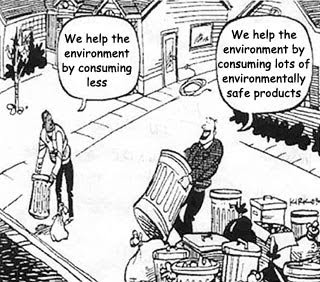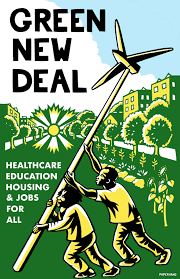
Climate change and economic insecurity has pushed our civilization to a crisis point. We have to decide now on what path we want to take for the future. Do we want more of the same, or do we want to try for something simply different?
If we want more of the same, that option would be green growth. Green growth promises to invest in renewable technologies that would produce energy by not relying on fossil fuels. Economic insecurity would be remedied by the creation of new high paying jobs like solar panal technicians. However, there have been some doubts as to if this green growth will really work. A Romanian mathematician named Georgsecu-Roegen suggested that renewable technology would only provide a fraction of the energy that fossil fuels does, and we’ll never be able to rely on it for flying an airplane or the average car ride. The materials used to make solar panals require fossil fuels in their construction, and the mineral components of them are limited. The land that it would require to build a wind farm sufficient to power a city risks chopping down more forests. Even if successful in certain countries, the drop in price in fossil fuels might make them adopted more in other areas, leading to increased planetary carbon emissions. If we end up making more of the same ‘better,’ it still might end up destroying us in the end.

Degrowth offers an alternative: “An equitable downscaling of production and consumption that increases human well-being and enhances ecological conditions at the local and global level, in the short and long-term.” (Giorgos Kallis) Born in the theories of post development and ecological economics, degrowth presupposes that because of entropy any economic production will degrade natural resources, and that at out current rate we must drastically use less if we want to save any for future generations. Conversely, post development strives to reimagine ways of development that don’t lead to further capitalist exploitation and environmental destruction. Instead of saying the global south has too little, degrowth says the global north has too much, and maybe we should consume less, and from places much closer.

How do we go about consuming less? And what about climate change? What if by the time we start consuming less we’ve warmed the planet up past the point of no return? There are no easy answers to these questions. And degrowth serves to critique and improve strategies rather than offering a subscribed path forward.

However, we do have the Green New Deal. Billed as “Jobs and Justice,” there really are two potential pathways for the GND. One is seen in the first picture above, corporate font, investments in renewables, the ‘green growth’ side of the GND. The other image shows the ‘justice,’ side, with state investments into welfare, and a racial justice and democratizing focus with renewable technologies. One of these is more of the same, and the other is something different. And whatever Green New Deal is passed will come down to us, and how we strive for it’s active implementation. Because ultimately the choice is ours: Do we want more of the same? Or do we want to try for something simply different?

What would this look like? Investing in schools, health departments and public transportation not an Exxon Mobil solar farm. Giving money to non-profits. Reimagining what a ‘job’ is, and if that work is helpful or hurtful to people and the planet. Degrowth can strive to highlight that second half of the GND, the one focused on people, justice and basic rights. We can get to a better place, but green growth alone will not take us there. It is the growth of our souls and the degrowth of our economies that will.
Links:
Three Ways a Green New Deal Can Promote Life Over Capital
#Degrowth #greengrowth #greennewdeal #capitalism #climatechange


